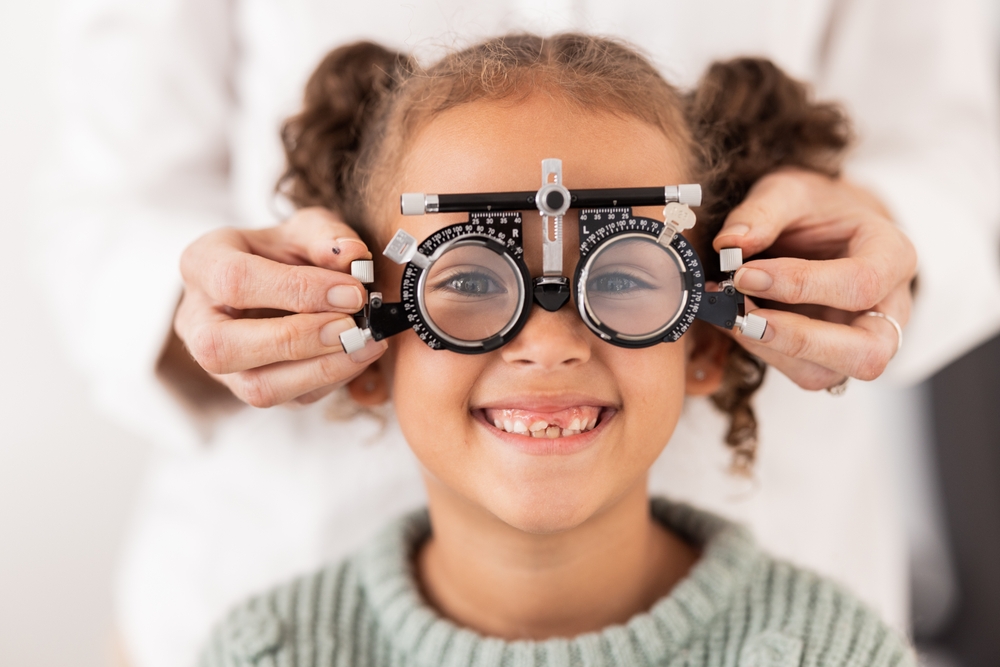Getting children to undergo pediatric eye exams is crucial for early detection, the key to preventing or curing numerous eye diseases.
Early Detection and Management
One of the most important reasons for routine eye exams for children is to detect vision problems early. As early as six months old, your child can get an eye exam to identify any abnormalities in their eyes. Early detection means early treatment, so the child’s vision issues can be prevented.
Regular Evaluation of Recommended Treatment
Eye exams must be done regularly. Doing so helps eye doctors monitor your child’s condition and the treatment’s effectiveness. Routine eye exams are also essential to maintaining your child’s eye health. You get peace of mind by regularly meeting the eye doctor for an eye exam.
Signs Your Child Needs an Eye Exam
Bringing your child to the eye doctor once they reach six months old would be great. But the following signs and symptoms also indicate when you should take your child for a routine eye exam:
-
The child often covers one eye
-
The child has a short attention span
-
The child reads close to the face
-
The child usually complains of eye pain or headaches
If your child has had a vision screening and failed it, scheduling them for an eye exam would be best. The same goes for if they have a medical condition, developmental delay, or if you have a history of vision problems.
How Pediatric Eye Exams Work
The first eye exam of your child happens at the hospital right after birth. Your doctor will conduct a visual exam, checking and ensuring the size, shape, and anatomy of the baby’s eyes are okay. After this visual inspection, other exams occur at the pediatrician’s office, which includes newborn eye exams.
These tests include the following:
Blink Response
Doctors will test your baby’s eyes by flashing a light quickly to see if they blink. If your baby fails the test, it could mean blindness or severe vision loss.
Pupil Response
The pupils open wide when in the dark so that more light gets in. They get smaller in bright conditions to prevent overexposure. Doctors shine a light on the child’s eyes to test if the child’s pupils dilate or constrict.
Red Light Reflex
Another test involves shining a light on the baby’s eyes and looking for the red pupil, known as the red light reflex. This reflex can mean cataracts or retinoblastoma, so further exams might be needed if doctors don’t see the red light reflex during the test.
Retinoscopy
Eye doctors use this technique to get an objective measurement of an eye’s refractive error. Refractive error is crucial for prescription glasses for nearsightedness, farsightedness, and myopia. A retinoscope is used to shine a light into the eye, with the eye doctor taking note of the reflection off the retina.
LEA Symbols
This is used to test the preschooler’s visual acuity. The child will be asked to identify symbols, like a circle, a square, an apple, and a house. The test helps the eye doctor to determine how well the child sees objects near and far.
Color Vision or Ishihara Test
This exam determines how well the child can distinguish colors through photos with specific colors.
Random Dot Stereopsis
This test measures the 3D vision of your child, which shows how well his or her eyes work together. For this test, the eye doctor uses 3D glasses and a chart with unique patterns of dots.
To examine your child’s eyes, visit Abraham Eye Associates at our office in Villanova, Pennsylvania. Call (484) 209-0800 to discuss any questions with our team of experts or to schedule an appointment today.




